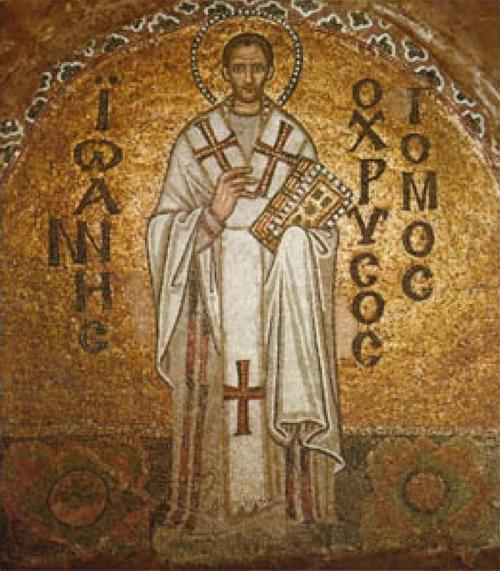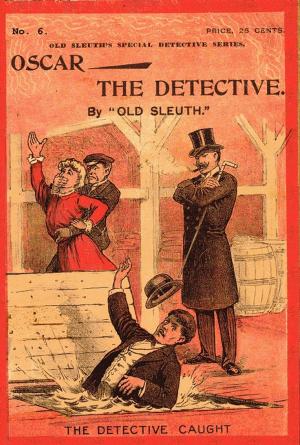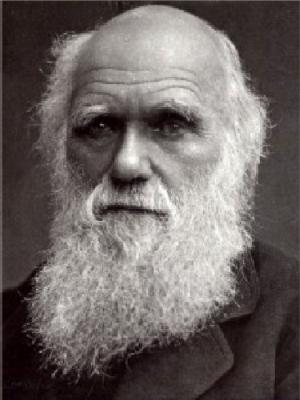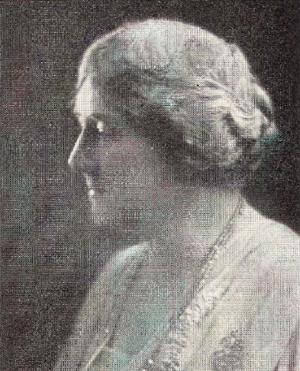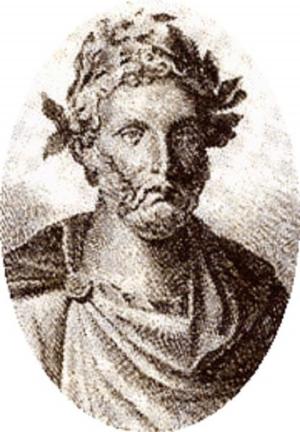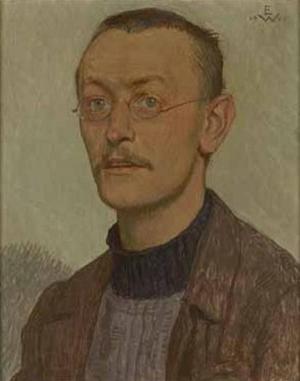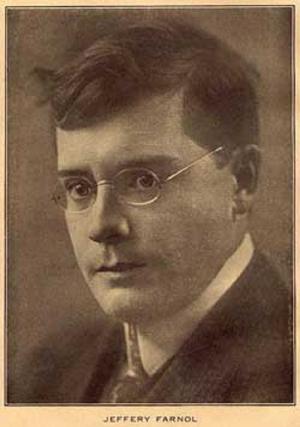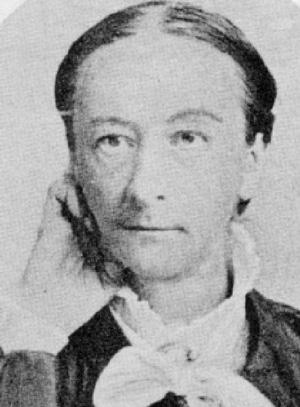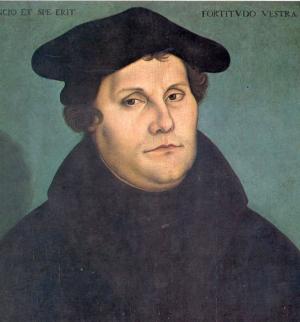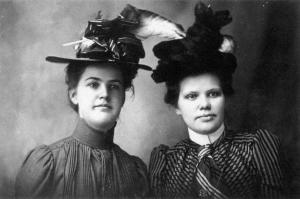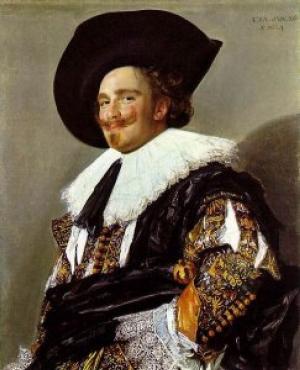Homilies on the Acts of the Apostles and The Epistle to the Romans
Nonfiction, Religion & Spirituality, Bible & Bible Studies, Commentaries| Author: | Saint John Chrysostom | ISBN: | 9781455337002 |
| Publisher: | B&R Samizdat Express | Publication: | December 15, 2009 |
| Imprint: | Language: | English |
| Author: | Saint John Chrysostom |
| ISBN: | 9781455337002 |
| Publisher: | B&R Samizdat Express |
| Publication: | December 15, 2009 |
| Imprint: | |
| Language: | English |
According to Wikipedia: "Saint John Chrysostom (c. 347407, Greek: Ιωάννης ο Χρυσόστομος), archbishop of Constantinople, was an important Early Church Father. He is known for his eloquence in preaching and public speaking, his denunciation of abuse of authority by both ecclesiastical and political leaders, the Divine Liturgy of St. John Chrysostom, and his ascetic sensibilities. After his death (or, according to some sources, during his life) he was given the Greek surname chrysostomos, meaning "golden mouthed", rendered in English as Chrysostom. The Orthodox and Eastern Catholic Churches honor him as a saint (feast days: November 13 and January 27) and count him among the Three Holy Hierarchs (feast day, January 30), together with Saints Basil the Great and Gregory Nazianzus. He is recognized by the Roman Catholic Church as a saint and Doctor of the Church."
According to Wikipedia: "Saint John Chrysostom (c. 347407, Greek: Ιωάννης ο Χρυσόστομος), archbishop of Constantinople, was an important Early Church Father. He is known for his eloquence in preaching and public speaking, his denunciation of abuse of authority by both ecclesiastical and political leaders, the Divine Liturgy of St. John Chrysostom, and his ascetic sensibilities. After his death (or, according to some sources, during his life) he was given the Greek surname chrysostomos, meaning "golden mouthed", rendered in English as Chrysostom. The Orthodox and Eastern Catholic Churches honor him as a saint (feast days: November 13 and January 27) and count him among the Three Holy Hierarchs (feast day, January 30), together with Saints Basil the Great and Gregory Nazianzus. He is recognized by the Roman Catholic Church as a saint and Doctor of the Church."
